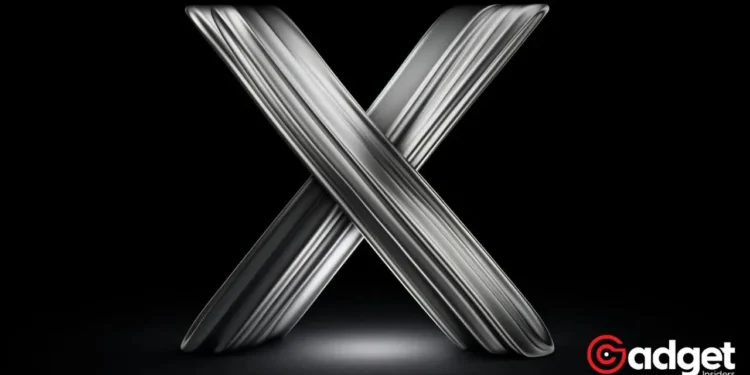In an unexpected move last month, Elon Musk’s social media platform formerly known as Twitter now rebranded as X, reinstated a policy that aims to curb the abuse and harassment faced by transgender individuals through misgendering and deadnaming. This policy revival comes after a brief period of ambiguity under the ownership of Elon Musk, marking a significant moment in the platform’s stance on LGBTQ+ safety and inclusion.

Elon Musk: The Evolution of a Controversial Policy
Originally established in 2018, the policy against deadnaming (referring to transgender people by their former name) and misgendering (purposely using non-preferred pronouns or gender labels) was a cornerstone of Twitter’s commitment to safeguarding the rights and dignity of transgender users.
However, the policy saw a quiet withdrawal last April after Musk hinted at potential conflicts with his social media practices. The reversal of this decision, while discreet, signals an important acknowledgment of the policy’s value in protecting vulnerable communities online.
A Closer Look at Elon Musk X’s Updated Approach
Under the revised section titled “Use of Prior Names and Pronouns,” Elon Musk’s venture X pledges to diminish the visibility of posts deliberately misgendering or deadnaming individuals. This approach, although not an outright ban, indicates a nuanced attempt to balance free speech with the protection of user dignity.
Jenni Olson, GLAAD’s senior director of social media safety, argues that explicit policies are crucial for enabling content moderators to effectively identify and act upon instances of hate speech. Yet, the social media giant’s reliance on victims to report these offenses has sparked concerns regarding the undue burden it places on those already facing harassment.
Important update on X reinstating the “deadnaming & misgendering” policy: pic.twitter.com/j5lTFKLcDI
— Te𝕏asLindsay™ (@TexasLindsay_) March 2, 2024
Industry-Wide Call for Stronger Protections
GLAAD’s recent report underscores the pressing need for social media platforms to explicitly categorize targeted misgendering and deadnaming as hate speech. Among the six major platforms surveyed, only TikTok has taken the step to expressly prohibit these forms of harassment.
While Elon Musk’s company and Meta’s platforms offer mechanisms for user reports, the absence of proactive measures raises questions about the efficacy of these policies in creating a safe online environment for LGBTQ+ individuals.
Smaller Platforms Leading the Charge
Interestingly, the push for more robust protections has seen greater receptivity among smaller platforms. Snapchat, for instance, has recently updated its community guidelines to prohibit intentional deadnaming or misgendering, reflecting a commitment to the health and well-being of its community.
This shift underscores a growing recognition across the digital landscape of the need to foster inclusive and supportive spaces for all users.

A Step Forward or Backward?
Elon Musk X’s policy reinstatement represents a complex juncture in the ongoing battle against online harassment. While the move has been hailed as a positive development by advocates like Olson, the effectiveness of the policy’s enforcement and its impact on the broader struggle for LGBTQ+ safety online remain to be seen.
As social media continues to evolve as a pivotal arena for public discourse, the decisions made by platforms like X will undoubtedly play a crucial role in shaping the future of digital inclusivity and respect.










